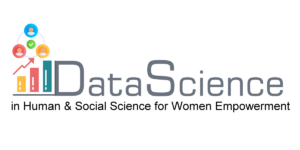On 22 November, the Comms Policy Collaborative of the University of Vienna invited Women in AI Austria to participate in a panel discussion on AI. We joined contributors from media studies and media researchers at the CPC as well as the media division of RTR to share our views on AI from the perspective of a civil society organisation with a strong interest in diversity and acute awareness of the different forms of impact that AI may have on people with different genders.
As one of the key recurring points were questions of harm arising from AI systems in digital spaces such as social media platforms, we used this opportunity to raise awareness for the specific provisions in Art. 40 DSA which allow vetted researchers to access data held by VLOPs and VLOSEs to analyse systemic risks. This differential access to data places a large responsibility onto researchers to address the concerns held by civil society organisations, who have thus far often been at the forefront of research on algorithmic harms in online spaces.
We have commented extensively on the need for these data access obligations in our original response to the DSA consultation and participated in the call for evidence to inform the delegated regulation for implementing Art. 40. But we also supported ease of access for research purposes in the context of transparency of political advertising, where we explained that civil society organisations play a vital role in detecting and bringing attention to violations within this space, and in our response to the OSCE’s consultation on the impact of AI on free speech, where we argued that the unilateral control of intermediaries over data limits who can detect infringements, effectively restricting civil society organisations from holding politicians accountable for their acts of speech.
A summary of the workshop, created by the CPC, is available for download.

